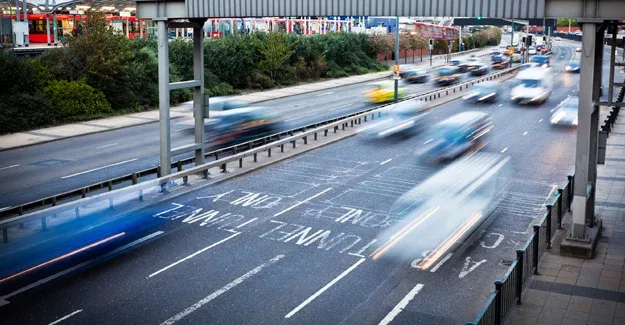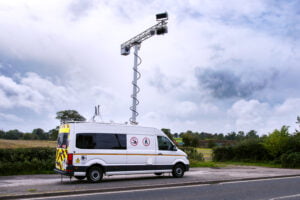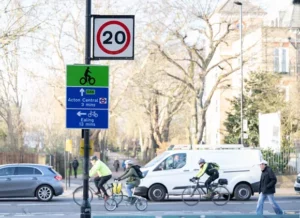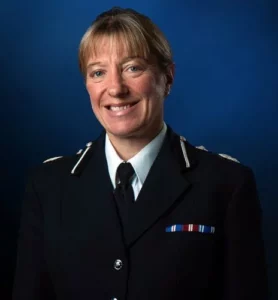More than one in six speeding offences detected by police forces in England and Wales ends up being cancelled, according to analysis by the RAC Foundation of the latest official data.
During 2020-21, a total of 2,426,950 cases of speeding were recorded by constabularies in the two countries and later reported to the Home Office. However, 404,335 (17%) of these were later cancelled.
In 2019-20, there were 330,623 cancellations, 13% of the 2,584,571 speeding offences detected in that year.
The RAC Foundation says the reasons why offences go on to be cancelled is not recorded but could include, Faulty or incorrectly calibrated speed cameras, cloned vehicles carrying a false number plate, Emergency vehicles lawfully breaking the speed limit whilst driving with blue lights, a delay in issuing notices of intended prosecution and a lack of resources to bring cases to court.
It says problems could have been exacerbated by the restrictions around Covid.
It says of the instances of speeding that didn’t get cancelled:
- 977,587 (40% of the 2,426,950 total) were disposed of with a speed awareness course
- 762,336 (31%) ended in a fixed penalty notice
- 233,080 (10%) ended in court action
The highest proportions of speeding cases that ended up being cancelled were seen in Greater Manchester and Warwickshire, both at 39%.
Wiltshire had the lowest proportion of speeding offences cancelled at just 2%. Wiltshire also detected the lowest number of speeding drivers (912), probably because it has no fixed speed cameras.
The 2,426,950 speeding cases detected in 2020-21 – a period which included travel restrictions imposed to combat Covid – was down 6% on the previous year.
However, the annual fall in traffic volume was greater, down 26% across Great Britain (259 billion vehicle miles driven in 2020-21 compared with 352 billion vehicle miles in 2019-20).
The vast majority (96%) of speeding offences were detected by cameras.
There continues to be large disparities between forces in the number of speeding offences detected.
The top five forces for speeding offence detection in 2020-21 were:
- Metropolitan Police Service and City of London – 262,280 (up 22% compared with 2019-20)
- West Yorkshire – 180,432 (+2%)
- Greater Manchester – 178,123 (+13%)
- Lincolnshire – 123,533 (+90%) – however, news reports suggest at least 19,000 drivers were wrongly identified as committing an offence because of a camera error
- Thames Valley – 100,622 (-19%)
The constabulary-level variations in detection rates are likely to be for a variety of reasons, including: length of the road network, road type, traffic volume and makeup, local priorities dictated by police and crime commissioners, financial and human resources, and the availability of detection technology.
Steve Gooding, director of the RAC Foundation, said, “It is correct that drivers caught speeding should face the consequences but it is also important that the systems of detection and prosecution are robust. The hundreds of thousands of ‘cancelled’ offences each year indicate they are not. At the very least it is an administrative burden the police could do without.
“We urge the Home Office to start collecting data from police forces about these cancelled offences so we can understand where the problem lies.”
Dr Adam Snow, a lecturer at the Law School of Liverpool John Moores University, who worked on the report, added, “Police forces and local authorities are seeing number plate cloning as a growing problem. With the increasing reliance on camera enforcement for clean air zones and moving traffic violations there is some evidence to suggest more motorists are seeing this as an acceptable response even though it is fraud.”
Read the RAC Foundation analysis here
(Picture – RAC Foundation)





















